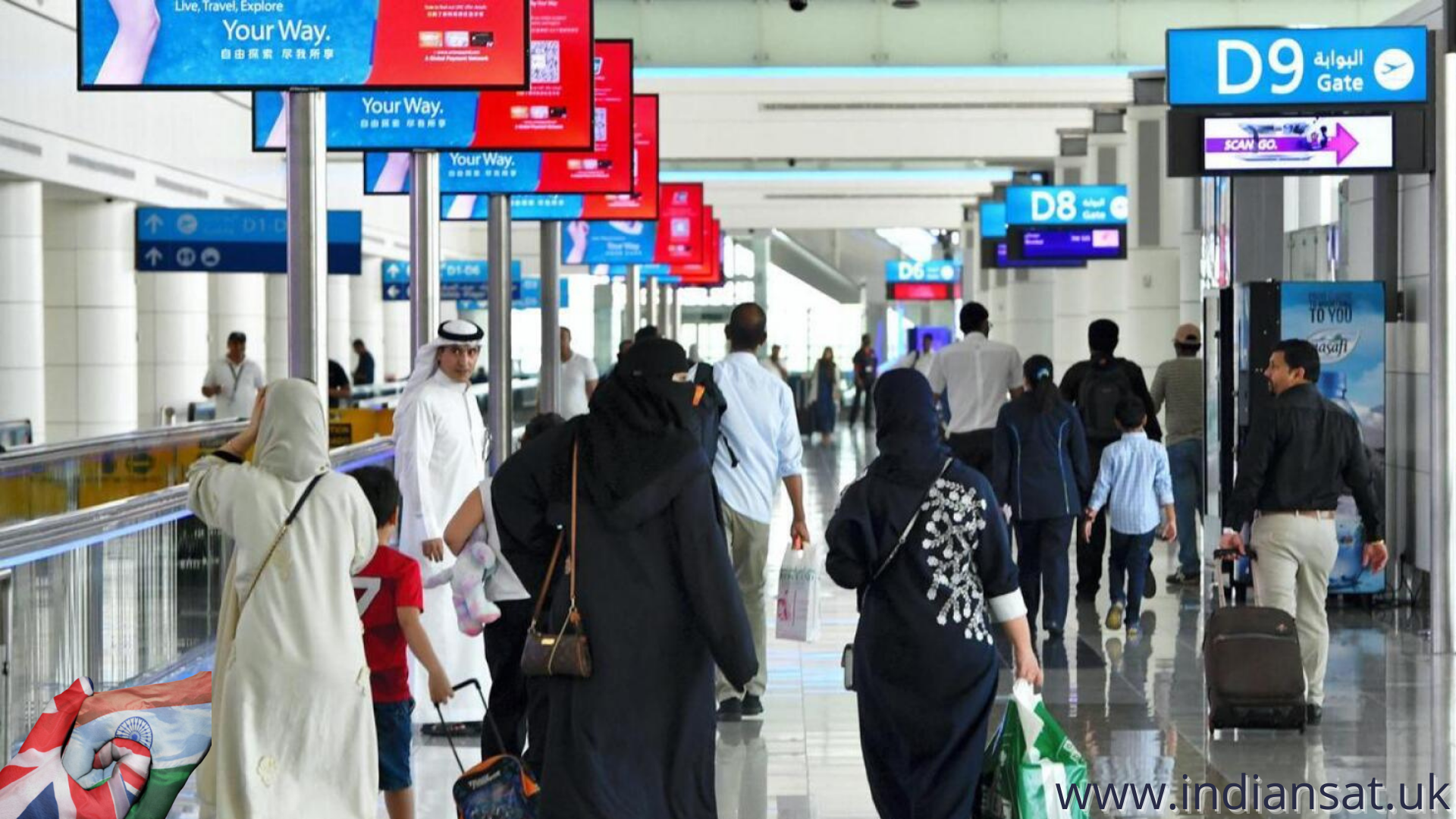The latest Covid-19 variant, Omicron, has spread to more than 30 countries across the globe. As a result, many countries have introduced new restrictions for foreign travellers to rein the latest variant.
With UAE being home to nearly 200 nationalities, residents travel to different countries worldwide either for leisure, business or family visits. With the holiday season also around the corner, UAE residents must be aware of new travel restrictions for a smooth travel experience.
Below are the details of new travel guidelines to some popular destinations due to Omicron.
India
India has announced a delay in the resumption of international flights from December 15 after India’s Ministry of Health announced two cases of Omicron in Karnataka. The Indian states announced different measures to rein in Omicron:
•New Delhi: All international travellers are required to submit a self-declaration form online at “Air Suvidha’ as well as details of the last 14 days. Moreover, passengers are required to upload a negative PCR test report taken 72 hours prior to the flight.
.Kerala: All foreign travellers will be tested upon arrival. Those tested positive will be moved to hospitals. But people coming from high-risk countries and testing negative will have to undergo a 7-day quarantine and then take another test. According to the Indian media, passengers who tested negative will be allowed to proceed home. Only the driver will be allowed to transport the passengers, who will take the rear seat. Face masks and face shields are mandatory for drivers transporting passengers from the airport.
•Maharashtra: All passengers will have to take additional PCR tests and quarantine upon arrival. The government has asked all international travellers to send their 15-day travel history before departure. Passengers transiting through Mumbai airport will be required to take a Covid-19 PCR test.
•Karnataka: The state government has mandated a PCR test and seven-day home quarantine. Those who are asymptomatic will be tested on the 7th day.
•Madhya Pradesh: All passengers will have to take a PCR test upon arrival if they failed to produce a recent report.
•Uttarakhand: All travellers will be required to undergo tests. Passengers who test Covid-19 positive or found symptomatic will undergo a 14-day quarantine.
•Karnataka: All passengers arriving in the state will have to take a PCR test and seven-day home quarantine. Those who test negative or are symptomatic will have to undergo home testing on the fifth day, while those who test negative, will be in-home quarantine for seven days. Further, the asymptomatic ones will be tested on the seventh day; if they test positive, they will be treated separately or will be immediately hospitalised.
•Jammu & Kashmir: All international passengers will be required to undergo a mandatory RT-PCR test at the airport, followed by a seven-day home quarantine. Passengers will then again be retested on the eighth day of the home quarantine, or if they develop any symptoms during the quarantine. And even if the report of RT-PCR comes negative, they will be required to self-monitor for one more week at strict home quarantine.
The Philippines
The Philippines has listed the UAE in the “Green List” in November 2021.
Starting December 3, the Philippines has announced that travellers coming from “Green List” countries will have to submit a negative RT-PCR test result taken within 72 hours before departure, facility-based quarantine until the release of negative results, 5th day swabbing, and home quarantine until 14th day from arrival.
The testing and quarantine protocols of minors shall follow the testing and quarantine protocol of the parent/guardian travelling with them, regardless of the minor’s vaccination status, and country of origin.
The Philippines on November 26 suspended flights from countries with cases of a new coronavirus variant that was first detected in South Africa.
The temporary suspension of inbound international flights from South Africa, Botswana and other countries with local cases or with the likelihood of occurrences of the B1.1.529 variant… shall take effect immediately
UK
The Boris Johnson government on Saturday further tightened travel rules in light of the Covid-19 Omicron variant, making it mandatory for people travelling to England from 4 am of Tuesday (December 7) to take pre-departure tests and provide proof of negative results, regardless of their vaccination status.
The new rule is applicable for everyone aged 12 and over.
Nigeria will be added from Monday to the red list of countries from where people arriving must quarantine in a hotel for 10 days, health secretary Sajid Javid announced, adding that the measures are needed to ‘buy time’ and to put in place protective measures.
Under current rules, travellers only need to book a PCR test to be taken before Day 2 of arrival and complete a passenger locator form before travelling to England.
After arrival, they need to self-isolate until they test negative in the Day 2 PCR test.
Pakistan
Pakistan has banned travel from six South African countries and Hong Kong due to Omicron. It includes South Africa, Mozambique, Namibia, Lesotho, Eswatini and Botswana.
Pakistan had banned the entry of unvaccinated travellers from October 1.
USA
The US president Joe Biden’s administration has announced that all inbound travellers will have to take the Covid-19 test one day before the departure for the US.
The US also made it mandatory for foreign travellers to wear masks in airports, on planes and other public transport services such as trains and buses.
This new rule will come into effect from December 6 for all travellers, including those flying from the UAE.
There is also q requirement for foreign travellers arriving in the US to be fully vaccinated.
Unvaccinated Americans and permanent residents can enter the country with a test taken within one day of departing for the US.
Israel
Israel on November 27 became the first country to shut its borders completely in response to Omicron.
Israel closed its border to foreign visitors and barred travel too much of Africa but Israelis are still allowed to fly to other countries and must quarantine when they return. Israelis from abroad are allowed to return home.
Prime Minister Naftali Bennett said in a statement that the ban would last 14 days.
Japan
Since November 29, Japan has announced a series of increased travel restrictions and quarantine measures in response to the emergence of the Omicron variant.
While some of these measures, including a pause in airline ticket sales for passengers inbound for Japan, have been partially reversed, the country continues to enforce strict travel regulations. It bars most foreigners from entering the country.
Foreign tourists and non-resident foreign business travellers remain prohibited.
Japanese citizens and foreign residents with a re-entry permit are generally allowed to re-enter Japan but must comply with strict pre-and post-travel testing requirements and quarantine upon arrival.
Australia
Australia has banned the entry of foreigners who have travelled to eight African countries in the past 14 days. However, Australian citizens, permanent residents and their immediate family members are exempted but they need to undergo a 14-day quarantine.
![]()






